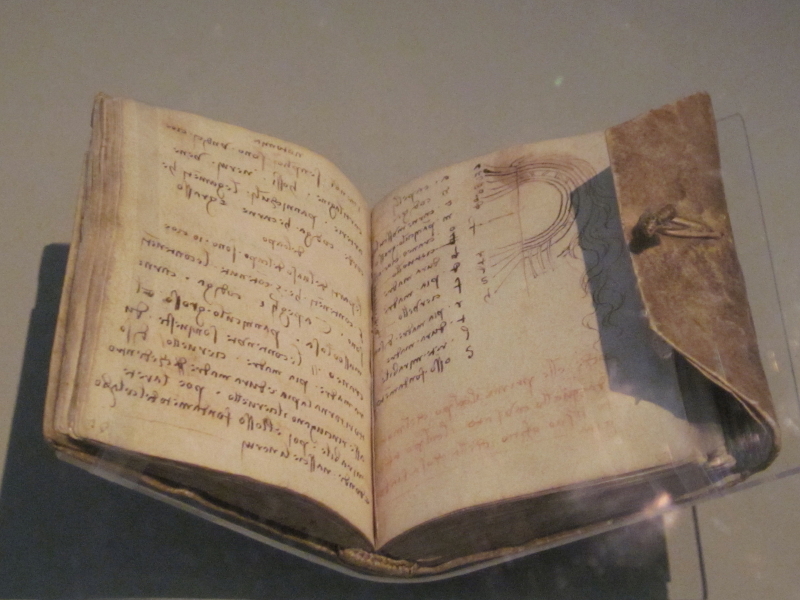Freedom to Read Week occurs annually at the end of February. The event encourages Canadians to think about and reaffirm their commitment to intellectual freedom. Even in a free country like Canada, books and magazines are banned at the border and schools are asked to remove books from their libraries or curricula. I’ve written about Freedom to Read Week in the past. This week, in preparation for next week’s event, I reviewed the list of challenged works showcased on the Freedom to Read website and discovered a few past favourites of mine.
In 1978, school trustees in Etobicoke, Ontario tried but failed to remove A Jest of God by Margaret Laurence from high school English classes, objecting to the portrayal of teachers having sex out of wedlock, claiming it would diminish the teachers’ authority in the students’ eyes. I think I have read all of Margaret Laurence’s books and enjoyed them all. A Jest of God was the basis for the 1968 movies Rachel, Rachel starring Joanne Woodward.
In 1995, Lanark County School Board, Ontario refused to include Stephen King’s collection of four novellas Different Seasons, chosen by teachers for senior students at Carleton Place High School, claiming it was unsuitable because of language and sexual context. One of the board members had not even read the book. A local bookstore cooperated with King’s publisher to distribute 600 free copies of the book to three communities. The School Board decided it would no longer make arbitrary decisions about book selections and instead work in consultation with teachers and members of the community. I do not generally read horror and have not read most of Stephen King’s other books. I did read Different Seasons and enjoyed it.
In 1976, a school principal in Peterborough, Ontario removed Alice Munro’s Lives of Girls and Women from the Grade 13 reading list. He deemed it unsuitable because of explicit language and description of sex scenes. Alice Munro is an absolute master of the short story. Every time I read one of her stories, I am both inspired to write and intimidated by her excellence. She received the 2013 Nobel Prize in Literature. Alice’s stories cover the range of everyday human experience. Lives of Girls and Women is Alice Munro’s only novel (all other books are collections of short stories). It tells the story of a girl growing up in small-town Ontario in the 1940s. It’s been a long time since I’ve read Lives of Girls and Women, but it doesn’t stand out in my memory for its raciness.
In 1990, parents in Essex County, Ontario demanded the classic Canadian novel The Apprenticeship of Duddy Kravtiz by Mordecai Richler be removed from school reading lists, objecting to “vulgarity, sexual expressions, and sexual innuendos.” The novel tells the story a Jewish boy in Montreal striving for success and explores themes of anti-Semitism, greed, and materialism. A movie starring Richard Dreyfuss was made from the book in 1974.
Margaret Buffie, award-winning author of young adult books, had a visit to a school in Orleans, Ontario cancelled in 1990 because of objections that the use of the words “hell” and “bastard” made her novel Who is Frances Rain? unsuitable for 10 to 13-year-olds. I read to my daughter a lot when she was young. She loved books and reading, but by the time she reached the age of 10 or so, she seemed to have lost interest in reading. Then we discovered Margaret Buffie. Buffie’s books rekindled my daughter’s love of reading. Now at age 26, she remains an avid reader of both fiction and non-fiction.
I choose to highlight these examples because I was familiar with the books in question and would recommend them to others. Although the challenges in these examples occurred 25 to 40 years ago, books and magazines still come under challenge today. Not all challenges and bans are within the school system, but many are. It is important that school reading lists are age-appropriate, but I find it disturbing that so many of the challenges are at the senior year level, the year before the students head off to college or jobs. School should be broadening their minds and encouraging reflective and independent thinking, not narrowing their world.
What do you think about Freedom to Read?
Note: A similar event, called Banned Books Week, occurs in the United States in September.

First, I love that you chose examples from books that you are familiar with. I too feel that the reading lists should be age appropriate, but I cringe every time I hear of books being banned at the senior high level. These kids have been exposed to so much more than we were at that age and I completely agree with you…should we be helping them to expand their minds at that age?
Agree we should be helping expand their minds.